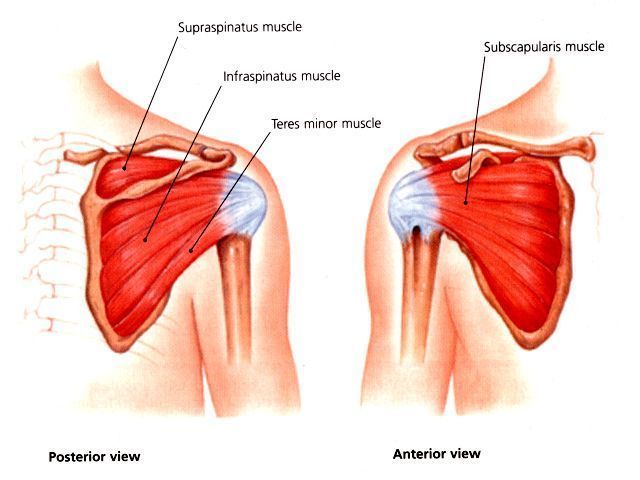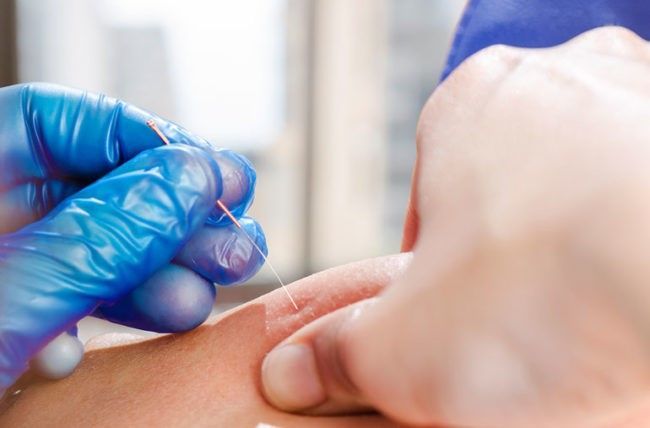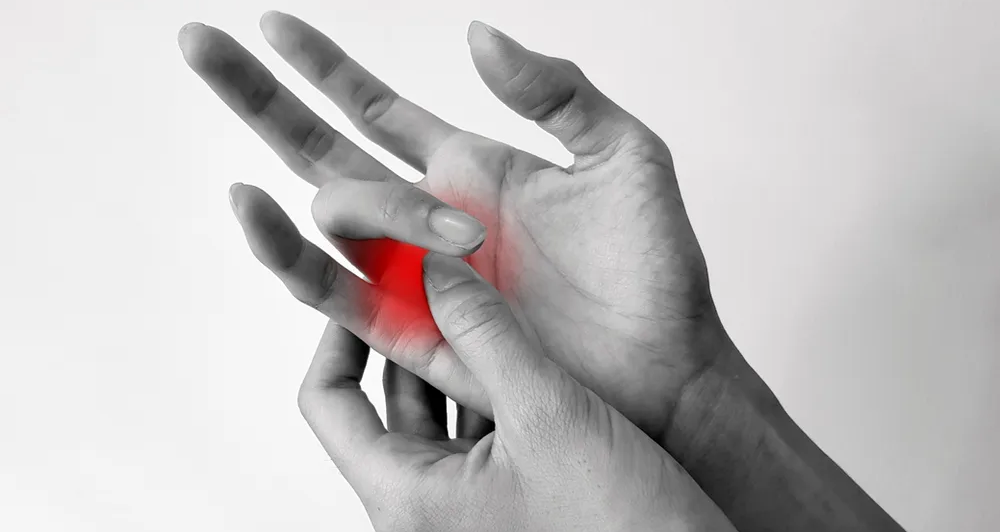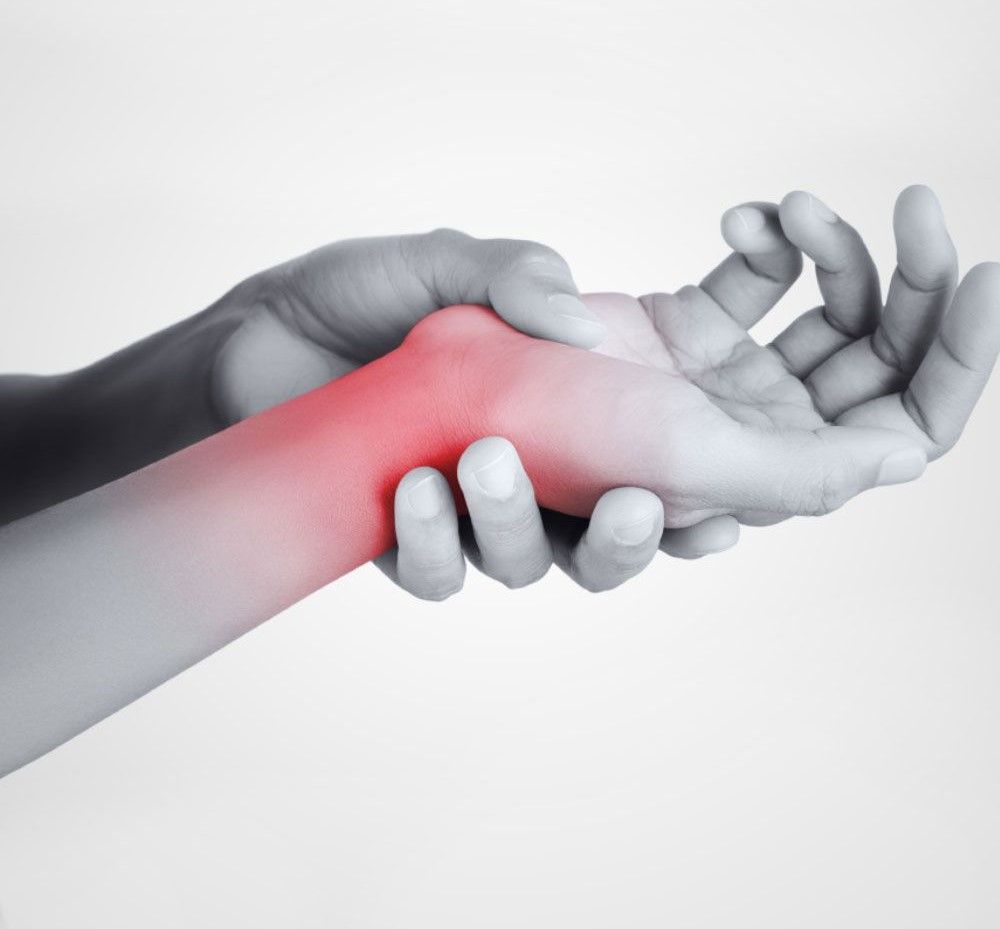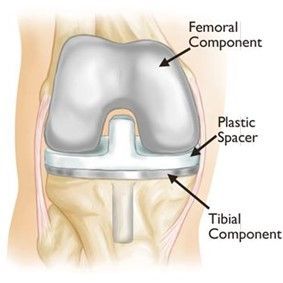Blog Posts
Blog Posts
Read some of our blog posts on health, fitness and physiotherapy injury prevention
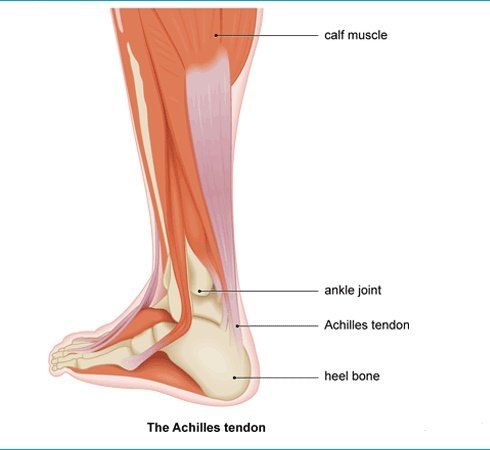
The Achilles tendon (AT) originates from the calf muscle and inserts onto the calcaneus or heel bone. It is the largest and strongest tendon in the human body as it has to withstand 12x your body weight load during running. The AT transmits forces from the calf muscle complex to the foot and ankle, also known as the ‘powerhouse muscle’ in long distance runners. It is not surprising that the AT is commonly afflicted among runners and often manifests as a ‘tendinopathy’ which is an umbrella term used to describe pain and dysfunction. Although runners are mostly likely to experience Achilles tendinopathy it can also affect recreational athletes as well as sedentary individuals. Achilles tendinopathy can emerge from a multitude of factors (i.e age, genetics, medication), but it is commonly caused by a repeated microtrauma to the tendon that does not heal and over time builds up. Symptoms include: •pain when squeezing the tendon or heel bone •pain on loading i.e hopping, running and walking •decrease in strength and range of movement in the ankle joint •morning stiffness •Minimal pain at rest Athletes can be expected to return to sport anywhere from six weeks up to one year though symptoms can sometimes persist to varying degrees for years. It is important you seek a chartered Physiotherapist to guide you through your rehab and injury management. Exercise is found to be the most effective in terms of management and should be the cornerstone of treatment. There is recent evidence for the use of shockwave therapy for Achilles tendinopathy, as it can stimulate soft-tissue healing, increase the blood flow to the treated site and induce an inflammatory-mediated healing process. Here at JT Physiotherapy, we can provide you with a mixture of both exercise and shockwave therapy for the best possible outcome.

Vegetarian Diets & Nutrients Vegetarians typically don’t eat meat, poultry, fish or shellfish. However different types of vegetarian diets exist, for example Lacto-ovo vegetarians eat dairy foods and eggs but not meat poultry or seafood, Ovo-vegetarians eat eggs but exclude all other animal foods including dairy, whereas Vegans don’t eat any animal products at all,…

Vitamin D Update Earlier this year I talked about the importance of Vitamin D. Recently, the UK recommendations have been updated. This may be of interest as the original guidance was similar to current Irish recommendations. Although the current recommendations for vitamin D are based on bone health, it has been suggested that vitamin D…

